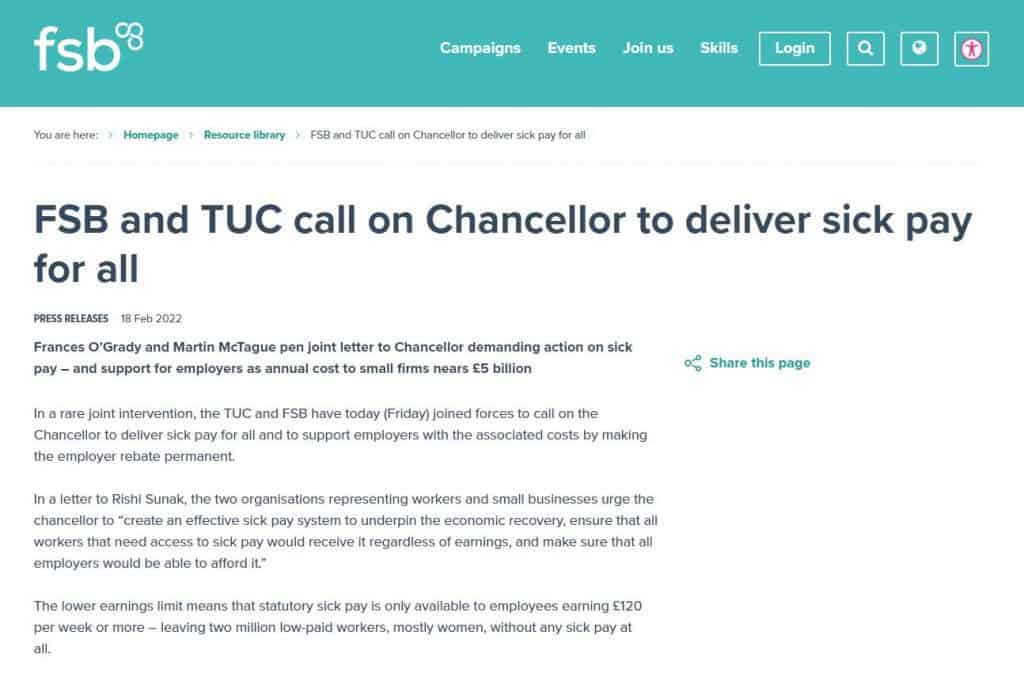New changes to Paternity Leave rules in 2024
The Government has now published the Paternity Leave (Amendment) Regulations 2024. The Regulations apply in all cases where the estimated week of childbirth (EWC) is on or after 6 April 2024
Key changes of the Paternity Leave rule changes
- Employees will be able to take their two-week paternity leave entitlement as two separate blocks of one week
- Employees will be able to take paternity leave at any time in the 52 weeks after birth
- Employees will only need to give 28 days’ notice of their intention to take paternity leave
Suggested action for Employers:
- Relevant policies will need amending to reflect these changes and managers should be made aware so that absences on paternity leave can be planned and effectively managed.
If you’re a business that needs support navigating the new Paternity Leave rules don’t hesitate to reach out.
New changes to Paternity Leave rules in 2024 Read More »

